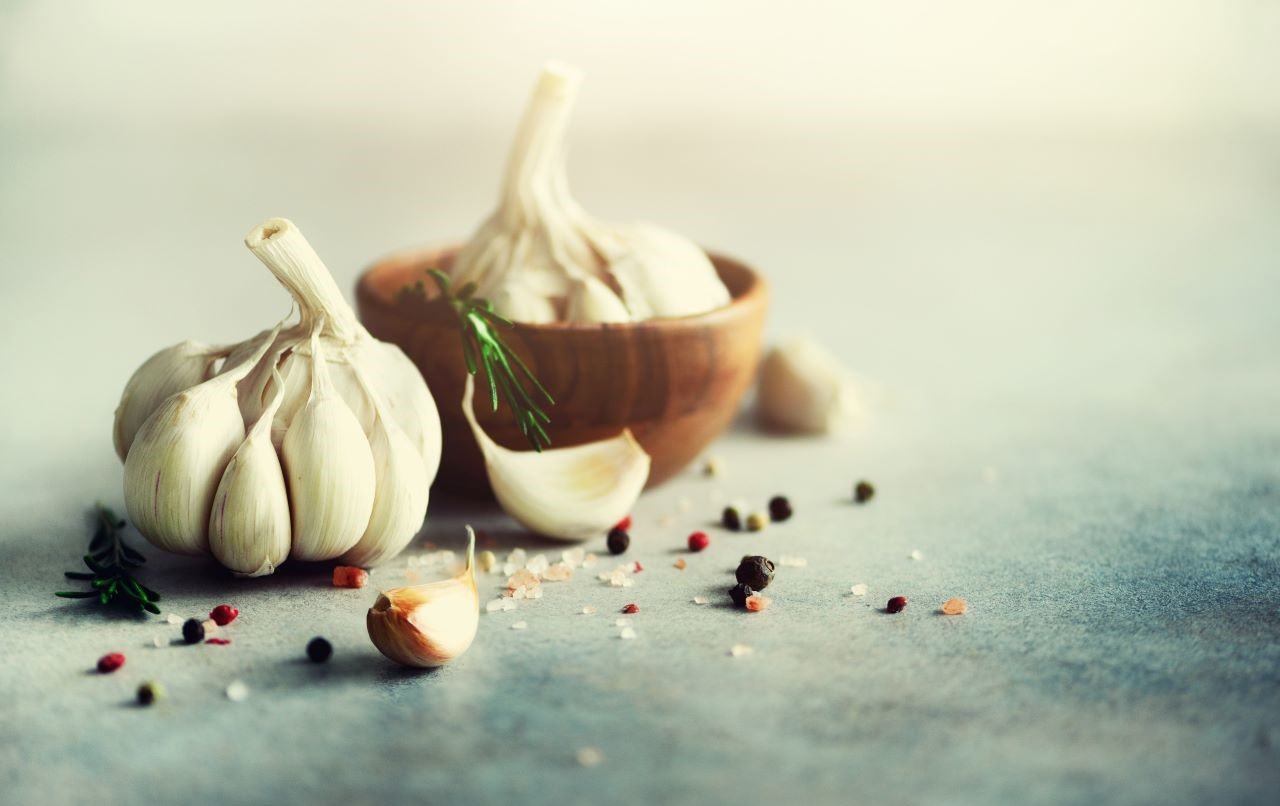Synthetic antibiotics are increasingly overused and resistance is becoming a critical issue, but turning to nature’s pharmacy offers a promising solution.
Antimicrobial herbs are powerful allies in maintaining health, preventing infections, and even supporting the immune system. With this in mind, these herbs have been used for centuries across various cultures to ward off illnesses and promote well-being.

Discover how integrating antimicrobial herbs into your daily routine can bolster your health naturally.
Benefits and How They Work
Antimicrobial herbs work by targeting and neutralizing harmful bacteria, viruses, fungi, and other pathogens.
Unlike synthetic antibiotics, which can disrupt the body’s natural microbiome, these herbs offer a balanced approach to maintaining health. They provide a broad-spectrum defense against infections without contributing to antibiotic resistance.
Traditional Uses and Role in Today’s Herbal Remedies
Historically, antimicrobial herbs have been used in traditional medicine systems such as Ayurveda, Traditional Chinese Medicine (TCM), and Native American medicine.
Herbs like garlic, thyme, oregano, and goldenseal were commonly used to treat wounds, respiratory infections, digestive issues, and more.
Today, these herbs play a crucial role in herbal remedies, often incorporated into teas, tinctures, capsules, and topical applications.
Studies on Antimicrobial Herbs
Numerous studies have validated the efficacy of antimicrobial herbs.
For instance, research has shown that garlic contains allicin, a compound with potent antibacterial and antiviral properties.
A study published in the “Journal of Antimicrobial Chemotherapy” demonstrated that oregano oil is effective against multiple strains of bacteria, including those resistant to conventional antibiotics.
Similarly, studies on goldenseal have revealed its ability to inhibit the growth of various pathogens due to its berberine content.
Key Constituents and Their Functions
- Allicin (Garlic): Known for its antibacterial and antiviral properties, allicin helps combat infections and supports immune function.
- Carvacrol and Thymol (Oregano): These compounds exhibit strong antimicrobial activity against bacteria, fungi, and viruses.
- Berberine (Goldenseal): An alkaloid that fights infections and enhances the immune response.
- Eugenol (Clove): Possesses antiseptic and analgesic properties, making it effective against infections and inflammation.
- Rosmarinic Acid (Thyme): Offers antimicrobial and antioxidant benefits, protecting cells from damage.
Origin and Folklore
Antimicrobial herbs have fascinating histories and origins.
Garlic, for instance, has been used since ancient Egyptian times for its medicinal properties.
Oregano, native to the Mediterranean region, was revered by the Greeks and Romans for its healing abilities.
Goldenseal, a North American herb, was highly valued by Native American tribes for treating various ailments.
Not to mention that folklore often attributed these herbs with magical properties, believing they could ward off evil spirits and disease.
Recommended Dosage
The dosage of antimicrobial herbs varies depending on the herb and form used. Here are some general guidelines:
- Garlic: 1-2 cloves per day or 600-1200 mg of aged garlic extract.
- Oregano Oil: 100-200 mg per day or 2-3 drops diluted in a carrier oil.
- Goldenseal: 500-1000 mg of root extract per day.
- Clove: 1-2 grams per day of dried clove or 30-40 mg of clove oil.
- Thyme: 1-2 grams of dried herb per day or 10-15 drops of tincture.
Adding to Your Health Routine
To illustrate, incorporating antimicrobial herbs into your health routine is simple:
- Garlic: Add fresh garlic to meals or take as a supplement.
- Oregano: Use oregano oil topically for infections or consume in capsule form.
- Goldenseal: Take as a tincture or capsule to support immune health.
- Clove: Use clove oil in oral hygiene routines or add ground clove to teas and recipes.
- Thyme: Brew thyme tea or use thyme essential oil in aromatherapy.
Precautions
While antimicrobial herbs are generally safe, they can interact with medications or cause side effects in some individuals.
Pregnant or breastfeeding women, as well as those with chronic health conditions, or on medication, should consult a healthcare provider before use.
Additionally, overuse of these herbs can also lead to digestive issues or allergic reactions.
Plant Descriptions
- Garlic (Allium sativum): A bulbous plant with a pungent aroma, known for its white or purple-tinged cloves.
- Oregano (Origanum vulgare): A perennial herb with small, aromatic leaves and pink or purple flowers.
- Goldenseal (Hydrastis canadensis): A low-growing plant with wrinkled leaves and bright yellow roots.
- Clove (Syzygium aromaticum): A tropical tree with evergreen leaves and aromatic flower buds.
- Thyme (Thymus vulgaris): A small, woody shrub with tiny, fragrant leaves and pink or white flowers.
Summary
In conclusion, antimicrobial herbs offer a natural, effective way to enhance health and combat infections. Their rich history, backed by scientific studies, underscores their value in both traditional and modern medicine.
By understanding their benefits, proper usage, and precautions, you can safely integrate these powerful herbs into your daily health regimen, harnessing the strength of nature to support your well-being.
